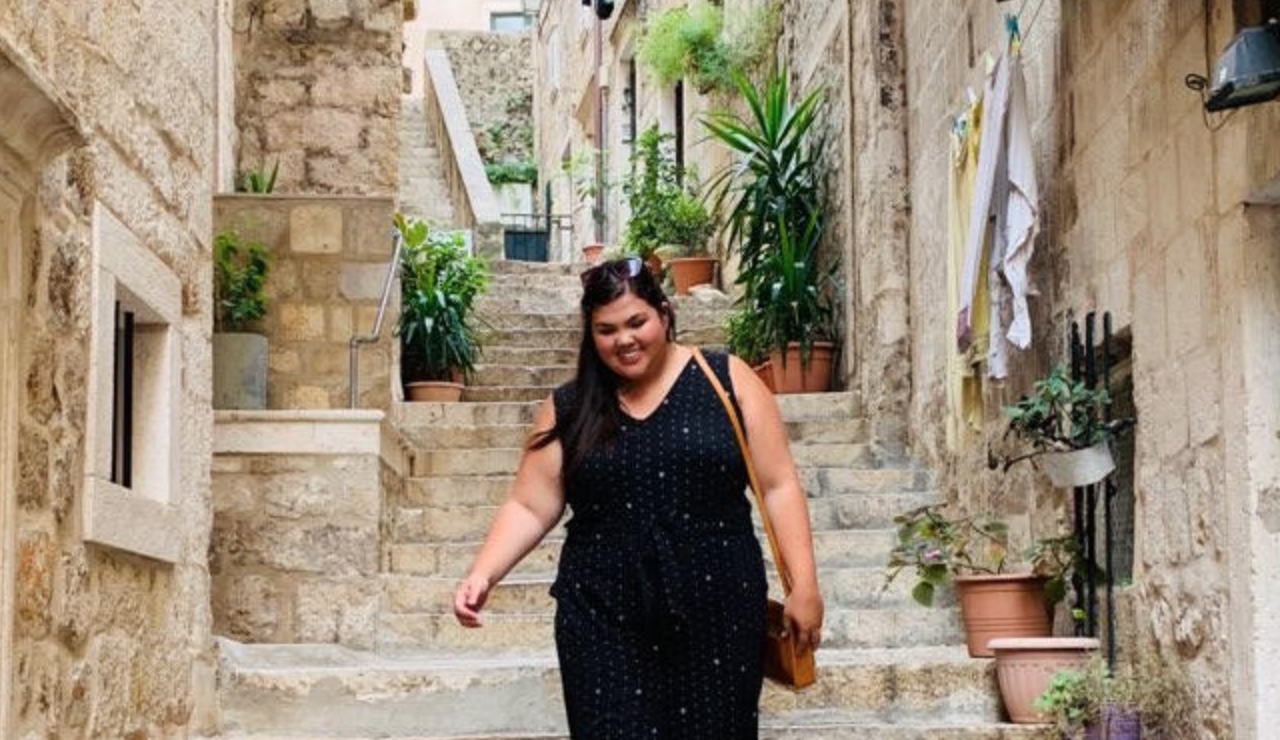Compare Credit Cards
Shop and Compare
How to Build an Emergency Fund
The idea of an emergency fund is pretty universal. We all know that we should have money socked away to use when things get rough financially, i.e. when an emergency happens. But how do you build up a big stash of cash? And when is the right time to do so?
Check Your Timing
Most experts agree that your emergency account should have at least three months of living expenses ready and waiting in case of job loss or other large emergency. But what they don’t all agree on is the timing of this saving. If you are spending about $5,000 per month on living expenses, you would need $15,000, on the low end, on hand as an emergency fund.
That’s a lot of cash. It’s even more daunting if you are already paying hundreds of dollars per month in credit card bills or other types of loans. It’s hard to save hundreds of dollars per month if you’re paying that same amount on old debt. Consider your timing in cases like this. Focus on your debt before you focus too heavily on your savings. Otherwise you’ll be paying far more in interest than you’ll be earning in savings.
Start Small
That’s not to say you shouldn’t have any emergency money set aside if you still have credit card debt to pay off. Unexpected expenses do pop up often and you might be saving for a necessity that will happen in the very near future. Having no savings at all is dangerous, especially if you’re doing some hard work to reduce debt before saving on an even larger level. One mishap and you’re adding to your debt since you didn’t have cash on hand for the small crisis.
The solution is to simply start small. Build up a savings account with $500 or $1,000. Then if you need a quick car repair or your washing machine breaks you have cash on hand to repair or replace it. Once you’ve cleared or paid down your debts, you can use that extra money every month to start increasing your small emergency fund into the larger one you should have on hand.
Build Your Fund Monthly
You know you need $15,000 or more in an emergency fund. But how do you go from having $500 in savings to having $15,000? Really you just need time and a bit of cash every month. Set up an automatic transfer or split your direct deposit so that it goes into a separate savings account every month. Send as much as you can, preferably up 10 percent of your paycheck or net income into that account.
If you’re stretched already, you can find cash in your account by making a few adjustments around your home. You might not have a full 10 percent of your check available for savings, but you can easily find $50-$100 per month to get you started. How?
- Use a programmable thermostat to help you cut your electricity bills.
- Cut cable. Pay hundreds less for a streaming service or two.
- Shop around for cheaper car or home insurance.
- Meal plan and stick to your grocery list.
- Cut out just one restaurant lunch or dinner per week and save potentially over $100.
- Cancel streaming or subscription services you don’t use or don’t need.
- Carpool to reduce gas mileage.
- Consolidate your debts by getting a single loan to help pay them off at a reduced rate.
- Negotiate lower interest rates on expensive credit cards.
Once you have some extra cash in the budget, send savings out of your account immediately so you can’t spend the money. Once you see your savings start to grow, you’re enthusiasm for saving will grow as well. It’s exciting to see your financial situation improve monthly and have your stress levels decrease accordingly.
Build Your Fund Instantly
While working monthly to save is important, there are other opportunities to build an emergency fund more quickly, especially if you enjoy things like bonuses from work or large tax returns every year. When you receive a large sum, save it. Or if that feels like too much punishment, enjoy 10 percent of it and save the other 90 percent.
If you routinely receive bonuses you can count on having your emergency account built almost instantly, provided you can stop yourself from spending money before you have it. The same goes for a large tax return or profits from selling a large item like a home. It is exciting to get a large sum of money, but if you don’t have a savings account already, have the discipline to open one and stash those funds. Once your account is ready, you can spend the next lump sum a bit more frivolously anyhow.
What to know about personal loans, credit scores, and they can help you to pay off debt and more.How to Use Personal Loans





